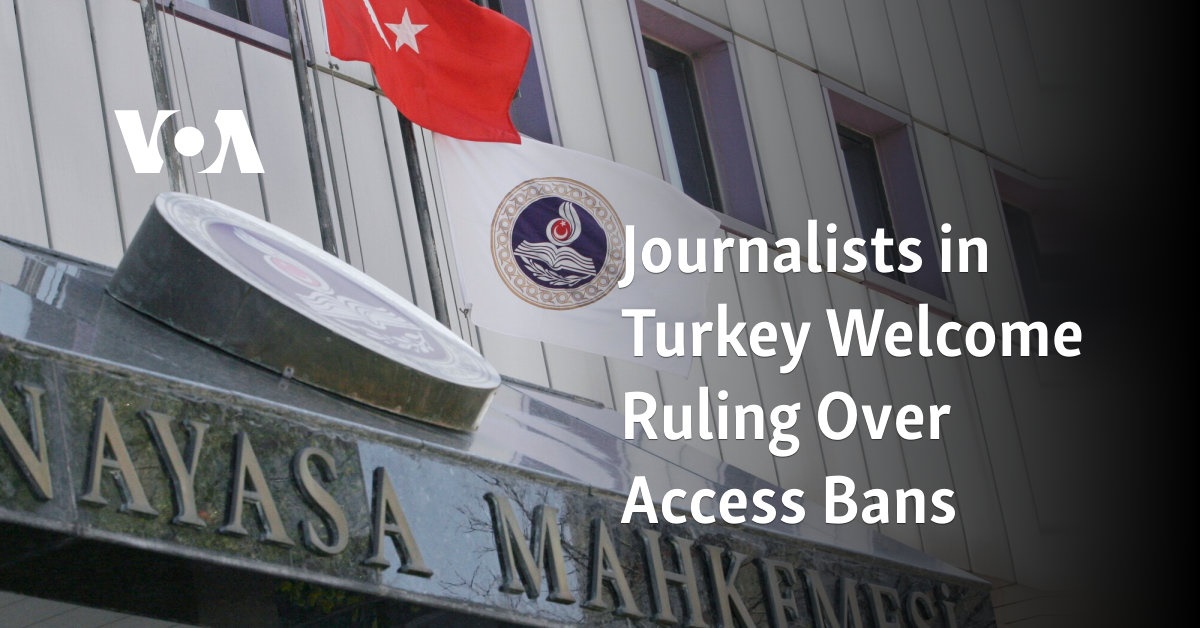9/11 Panel Slams Bush, Clinton Administrations
"This was a failure of policy, management, capability and, above all, a failure of imagination," said commission chairman Tom Kean, a former Republican governor of New Jersey.
"Every expert with whom we spoke told us an attack of even greater magnitude is now possible and even probable. We do not have the luxury of time. We must prepare and we must act," he was quoted by Reuters after unveiling the report.
The 567-page report said terrorism had not been the overriding security concern for either the Clinton or Bush administration before the attack.
It recommended the appointment of a national intelligence director and creating a national counter-terrorism center to better share information and coordinate action against terrorist threats.
Numerous other recommendations included declassifying intelligence spending, upgrading the computer technology used by US intelligence, recruiting and training more skilled analysts and linguists for the FBI and reorganizing congressional oversight.
Change
The report, meanwhile, called on the United States to change the way it deals with Arab and Islamic world.
Commission Vice Chairman Lee Hamilton said in a press conference Washington should give a chance for political, economic and education development to youths in Arab and Islamic countries.
Hamilton gave no details on means for these recommendations to be put into action, but he stressed America should work for securing stability in Afghanistan, Pakistan and Saudi Arabia against threats of "Islamist terrorism".
No Iran Or Hizbullah Links
The report said there is strong evidence that Iran facilitated the transit of Al-Qaeda members into and out of Afghanistan before 9/11 and that some of these were future 9/11 hijackers.
There is circumstantial evidence that senior operatives of the Iran-backed Hizbullah – which the 9/11 panel called a terrorist organization – were closely tracking the travel of some of the future hijackers into Iran in November 2000, said the report.
But Iran or Hizbullah were not aware of planning for the 9/11 attacks, but at the time they traveled through Iran, even the hijackers themselves were probably not aware of the full details of the plan, it added.
A CIA official said ahead of the release of the commission’s report that members of Al-Qaeda passed through Iran but no connection has been made between Tehran and the attacks.
"We can’t make any connection to 9/11 here," the official was quoted by Agence France-Presse (AFP) as saying.
Hizbullah Friday, July 23, angrily rejected the claims of links in the report.
"On several occasions in the past, Hizbullah has already rejected the US allegations on the existence of relations between the Lebanese group and Al-Qaeda were non-existent, very removed from the truth and lacking credibility," the party said in a statement.
"What was published in the commission’s report does not prove these allegations," it said.
Hizbullah accused in a statement "US-Zionist cooperation" of seeking to "destroy the (Muslim) nation … under the pretext of fighting what they call terrorism, without providing the slightest proof of the veracity of their hostile allegations."
An earlier report by the commission found no links between Al-Qaeda and ousted Iraqi President Saddam Hussein, refuting a claim exploited by the Bush administration to justify last year’s invasion-turned-occupation of the oil-rich Arab country.
Presidential Race
Reacting to the report, President called it "solid and sound" and promised to study its recommendations, many of which he described as common sense and constructive.
But the report, coming less than four months before the Nov. 2 Presidential election, was highly sensitive for Bush.
Bush’s challenger, John Kerry, urged swift implementation of the recommendations.
"If I am elected President and there has still not been sufficient progress on these issues, I will not wait a single day more. I will lead," he said.



